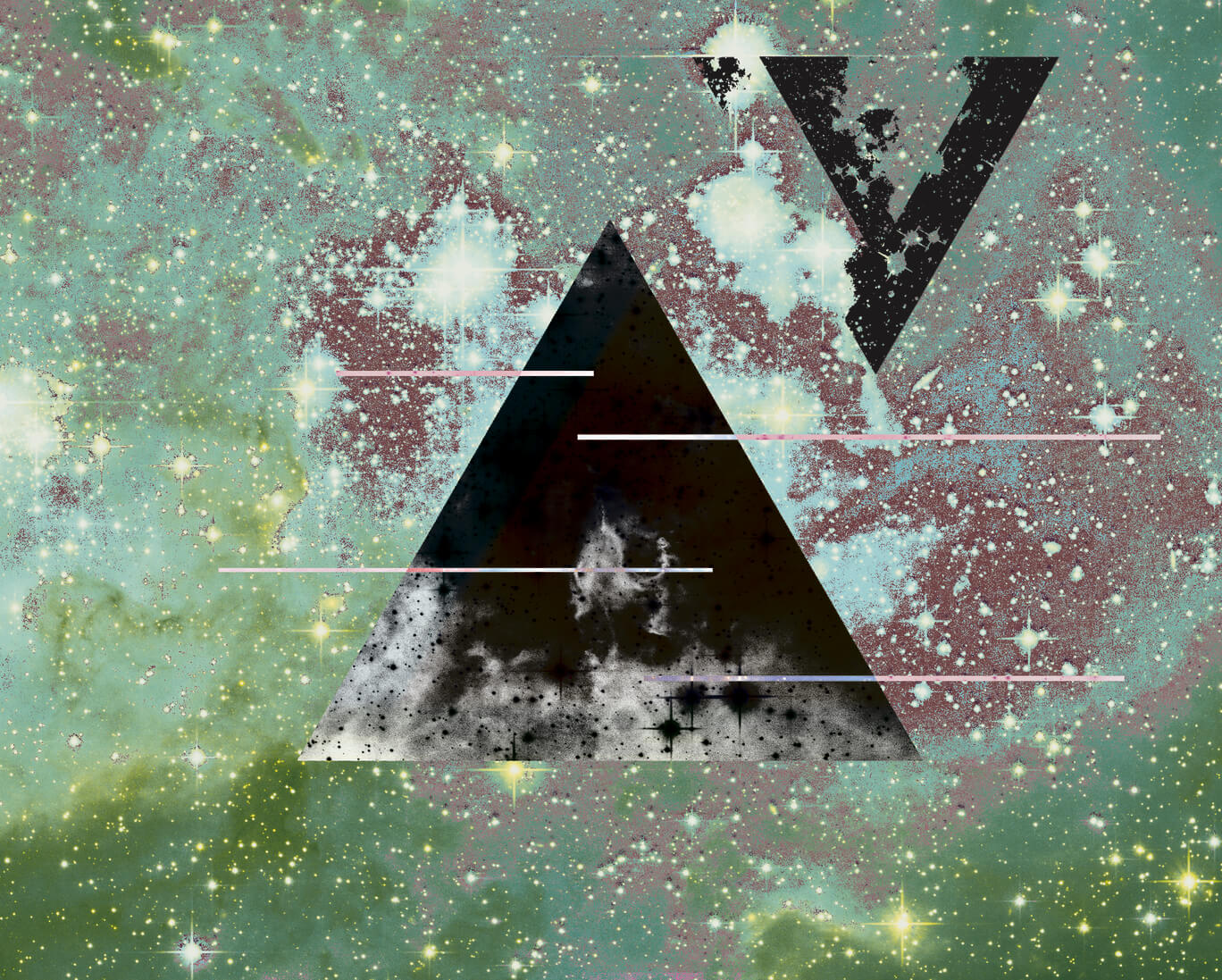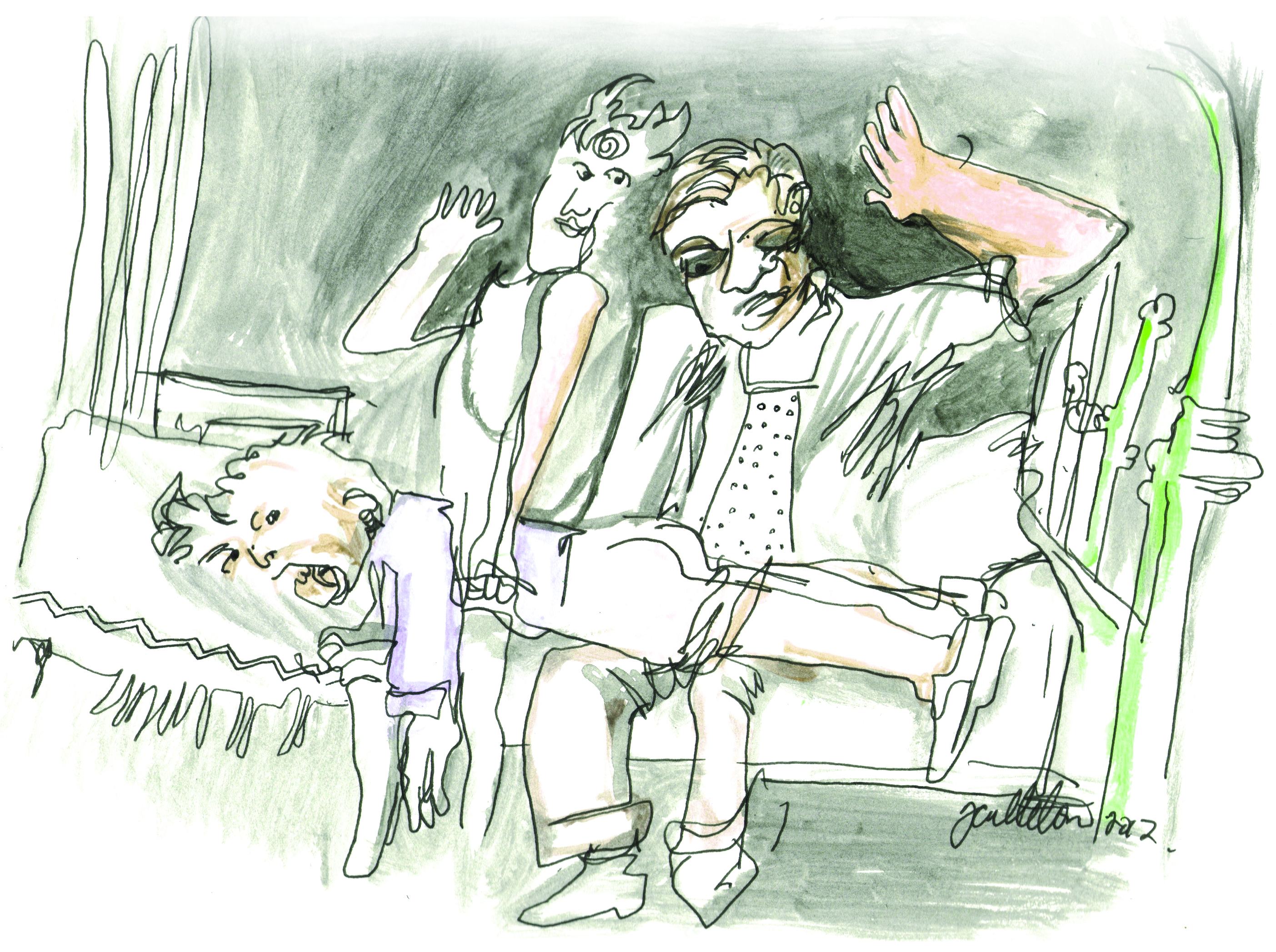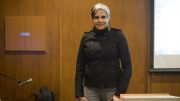The Third Annual Kurdish Youth Festival kicked off in Washington, D.C. this year, running from Jan. 6-8. The three-day event combined education on the Kurdish cause with various interactive events on Kurdish culture. The hard work organizers put into preparation resonated through the vast number who showed up to the festival and was reflected in how well the entire program turned out.
I learned about the Kurdish Youth Festival over Twitter. This is where I met both organizers and attendees long before the event took place in January. There’s no easier way to meet activists and learn about events taking place throughout the world than over social media. I found this to be especially true in my decision to attend the festival in D.C.
Coming from Winnipeg — a city with only a handful of Kurds and no active Kurdish movement — I was excited to attend the festival to learn more about what is being done for the Kurdish cause and to, hopefully, fill a void that I had been feeling for a long time — a void for a cause very dear to my heart. This reasoning led me to my curiosity about the Kurdish Youth Festival and eventually to my decision to attend the event.
The first night at the festival in D.C. there was a film screening and film competition. I arrived in time to catch the last two films being presented. The film that won was A Day in the North by Juan Hamdo, a heart touching story of the experiences of Kurdish women living in the Turkish part of Kurdistan.
After the film screening I had an opportunity to put faces to some of the names I knew from Twitter. Meeting the passionate and active Kurds whom I had spoken to only briefly online was a humbling experience — especially when realizing that they had flown from all over the United States, Canada, Europe and Kurdistan to be at the event. These people had all attended for the same cause, the Kurdish cause, and I knew this was to be the start of a great weekend.
After I had the opportunity to meet the organizers and a few attendees, the evening continued. A moment of silence was given for the lives of Kurdish civilians lost to Turkish air strikes in weeks previous. This was followed by an interactive trivia game. Questions included everything from Kurdish history to Kurdish musical lyrics. To make the event even more interactive the entirety was aired online for those who couldn’t attend in person.
The following morning held what I had come to D.C. for: panels and discussions on various issues relating to the Kurdish cause. The first panel had to do with the Kurdish language, whether there should be a unified language for the two Kurdish dialects. This panel addressed wider issues within Kurdistan that will one day have to be targeted in building a nation.
The next few panels were targeted at social issues that affect Kurds. These panels included a discussion on “Generational Gap” and “Community Concerns.” Audience members were fully engaged in these discussions as they split up into different groups and discussed various issues amongst themselves to later present to the entire crowd. Discussions targeted everything from taboos and boundaries that are placed on Kurdish women to the barriers that Kurds have amongst themselves that have led to greater disunity, both tribal and linguistic, to name a few.
These panels made for interactive and engaging conversations on a wide variety of concerns. Even though the issues being targeted were diverse, there was a united voice that was shared amongst members of the audience, young and old, as to how to address these issues and better ourselves as members of the Kurdish community.
The last panel was called “From the Mountains to Twitter.” It included a series of presentations on activism through social networking. Seeing the various forms of online activism was both inspiring and relatable. The panel ended with a poem presented by Cklara Moradin called “Art is Resistance.” Her words were piercing; the message she conveyed left a lasting impression on the crowd that would inspire the hearts of any activist.
The second night began with a play, put on by Sarkawt Taro, which addressed controversial issues, including portraying political rulers as dictators. Following this performance Nanki Shanaz recited a beautiful poem on Kurdistan, evoking a standing ovation for the elderly and strong-hearted woman who left the entire crowd in tears.
For me the most important event of the third and final day was the opportunity to talk to people and get to know some of the different Kurdish activists. Making connections with Kurds from different parts of the world and hearing about what they do in their own cities to promote Kurdish rights was something important I wanted to bring back with me. The final event was a Kurdish party complete with traditional Kurdish music and dancing.
The Kurdish Youth Festival allowed me to connect to a different form of activism — one that is personal and dear to my heart. The experience would not have been possible without the amazing youths who worked to organize the entire event. The work the Kurdish youths put into the festival left me feeling inspired and proud of all the smart and active people I had met. Seeing Kurds from all parts of the world come together and express their common desire for a better Kurdistan and to better the Kurdish community was humbling. It is events such as the Kurdish Youth Festival that will help Kurdish society prosper and help the Kurdish community raise awareness about Kurdistan.
Jihan hopes to see the Kurdish community in Winnipeg grow and prosper in the years to come.




